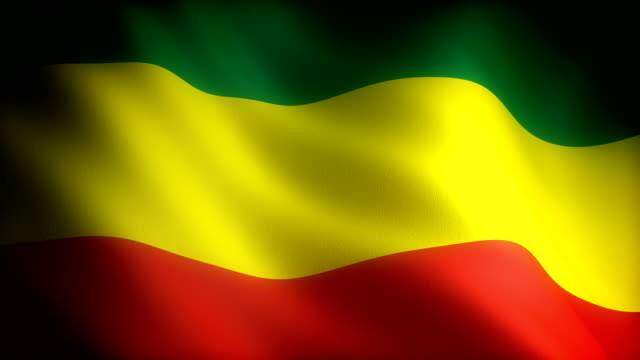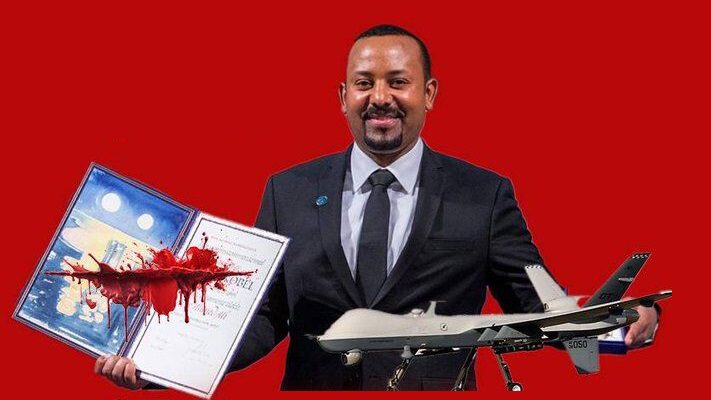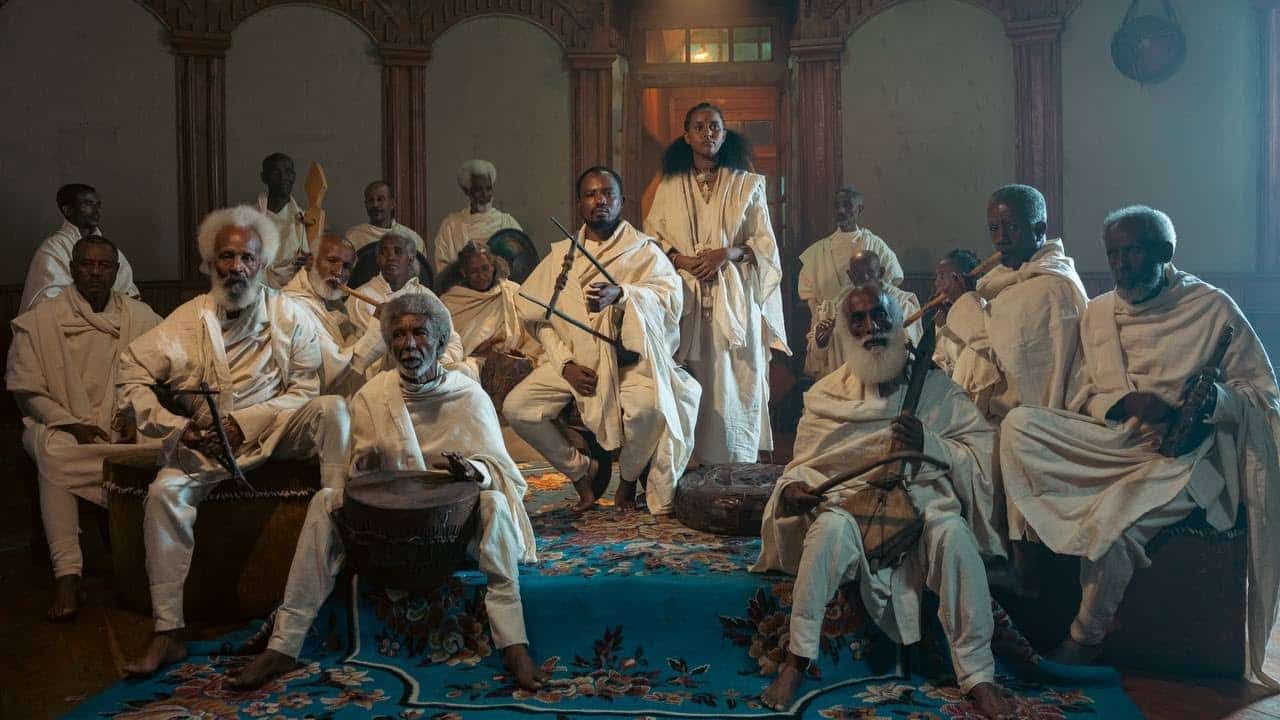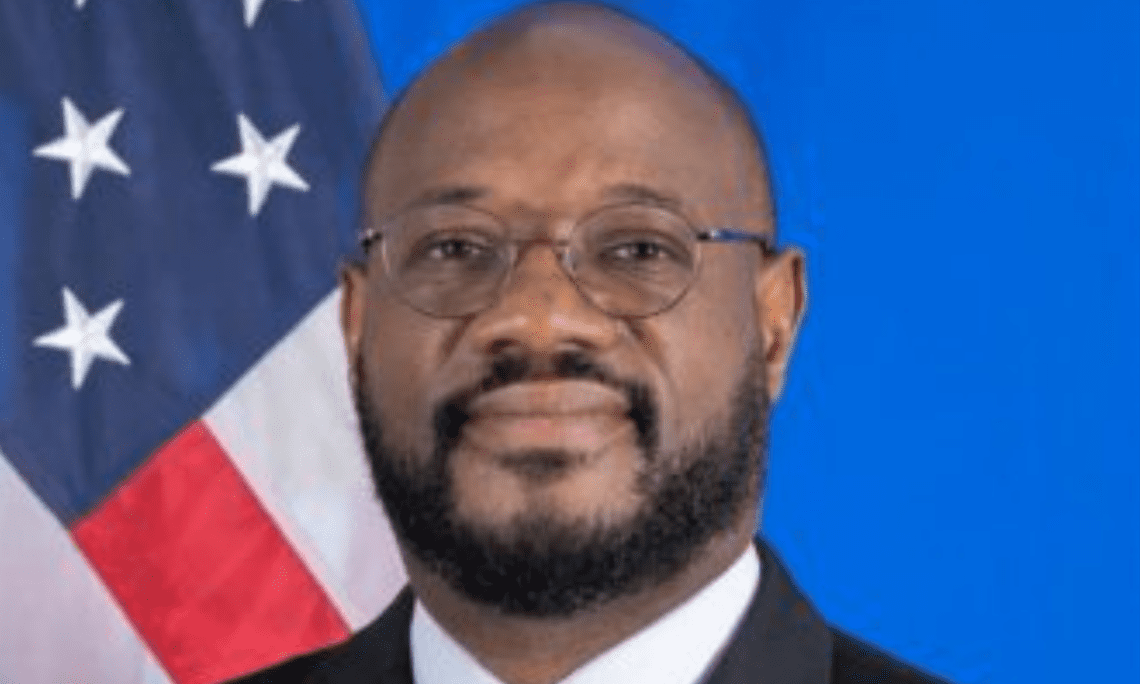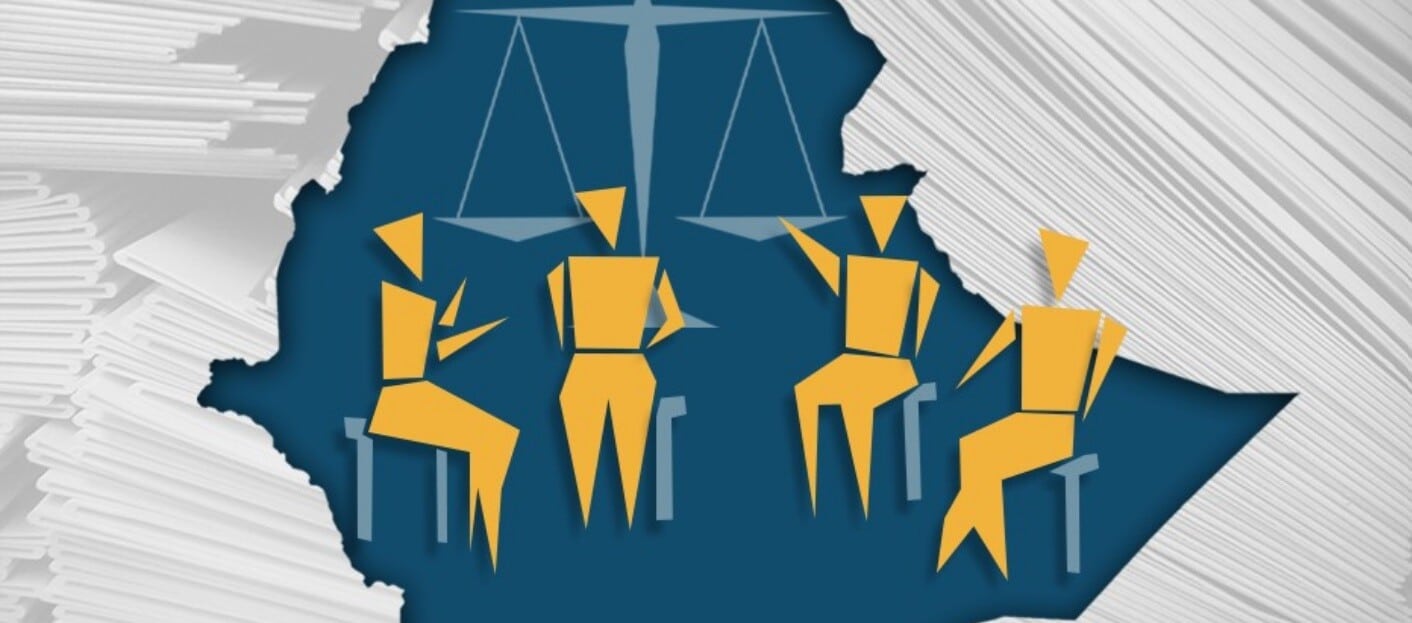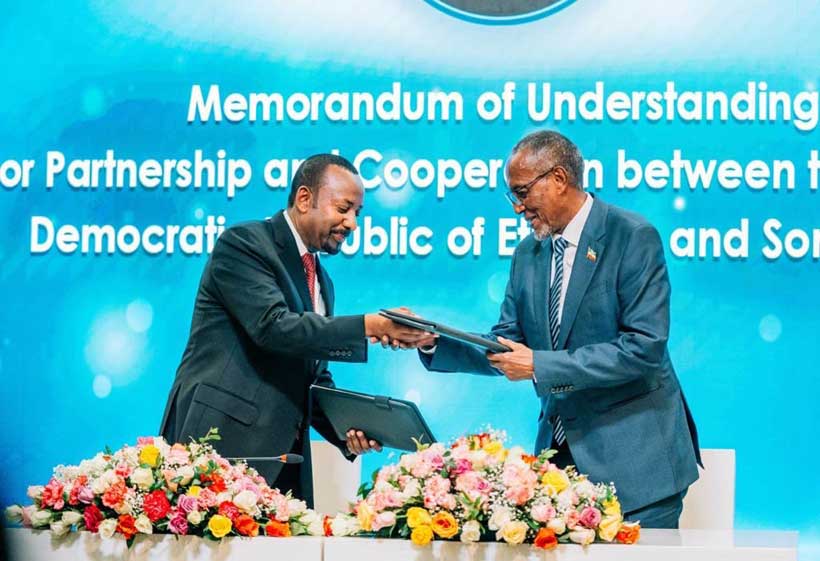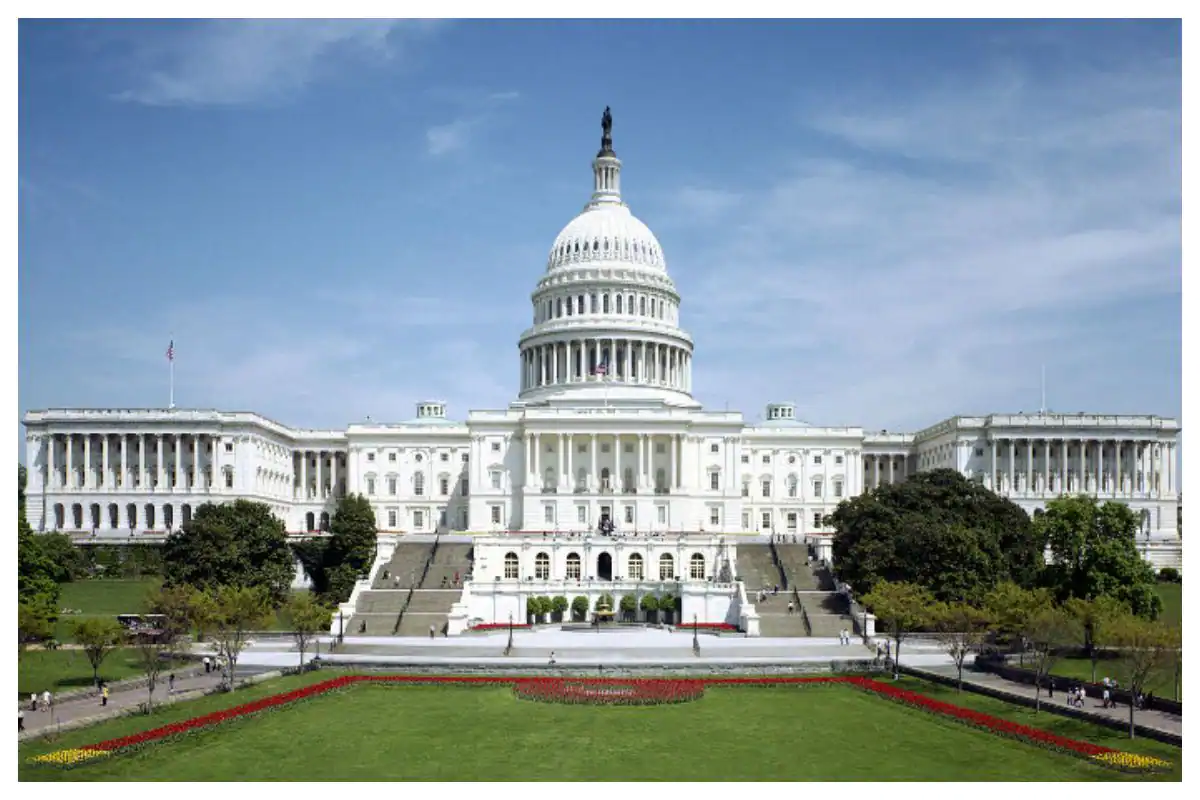Aklog Birara (Dr)
Part II
In Part I, I provided a context for this series. The focus of my commentary is the Washington Post’s editorial. The Opinion is a mirror image of the Biden Administration’s policy towards Ethiopia.
My thesis is that the proxy war in Ethiopia is geopolitical. Violations of human rights, peace and stability and the like are implanted into the international mindset by the media to give a semblance of caring for humanity. If the international community did not care for the massacre hundreds of Annuak in a single by the Tigray People’s Liberation Front (TPLF) in the 1990s, for extrajudicial killings of thousands of Oromo and Amhara youth as well as for rapes of girls and women throughout three decades of brutal rule by the TPLF, for massive theft, graft, corruption, and illicit outflow of foreign exchange given to alleviate poverty perpetrated by the TPLF and so on, why crocodile tears now? Who benefits from the change of heart?
I suggest that Ethiopia’s domestic problem is the ethnicization of politics. Ethnic polarization is the hallmark of the TPLF and its surrogates. Ethnic elites who wield political power shape policies and programs and allocate resources to benefit themselves and the ethnic group that serves as their foundation of support. To do this effectively, those in power control and guide critical intuitions—security and intelligence, military and defense, treasury and banks, municipal lands, foreign relations. The goal is to capture and dominate goods and services at the exclusion and expense of others. This practice is commonly known as a zero-sum game. Simply put, for me to eat you must go hungry!
The TPLF and its agencies have mastered the art of deceit and make-believe narrations concerning the genesis of the war that the TPLF started. The victimizer has become the victim. To my dismay and to the dismay of tens of millions of Ethiopians and other Black Africans, the Biden Administration foreign policy team led by Secretary of State Blinken embraced TPLF’s story line. It imposed punitive sanctions. It contradicted its own position that the United States defends Ethiopia’s “territorial integrity, sovereignty, stability and security.” It even demanded that the TPLF withdraw from the Afar and Amhara regions and refrain from advancing to Addis Ababa. Its action fails to correspond with this rhetoric.
With due respect, I ask the fundamental policy question How punitive actions against Ethiopia and support to the TPLF go hand in hand with America’s declared goal of defending Ethiopia’s territorial integrity, peace, stability, and security? Is it not plausible to imagine that Ethiopia’s failure will lead to a catastrophic collapse of the entire Horn and Eastern Africa and the Red Sea? My concern is that, if this scenario were to occur, there is no military power that can withstand the onslaught. If this were to occur, the primary beneficiaries will be extremist, terrorist, and secessionist forces. Is it not plausible then to imagine that America’s security interests would be affected one way or another?
In my assessment, saving Ethiopia from collapse is in America’s national security interest. It is understood that saving Ethiopia means siding with its people. Western media has a moral obligation to highlight this sentiment among most Ethiopians.
The Post is not alone in articulating American-led prescriptions for Ethiopia. Foreign Policy, Brookings, Bloomberg, and others speak in coordination with one another. In an Opinion piece in Bloomberg, November 11, 2021, “Ethiopia’s civil war is a problem US troops can help solve,” retired Admiral James Stavridis opined thus. Ethiopia, “the nation of 115 million is now in the grips of a vicious rebellion that resembles the fighting in the Balkans of the 1990s — racial and ethnic divisions, atrocities on both sides including ethnic cleansing and gang rapes, armies fighting over territorial control, millions of refugees.”
This viewpoint arrives at the same conclusion as that of the Post’s Editorial Board that declined to publish my rebuttal. He points out that “The combined military forces of the rebel groups are within a few of hundred miles of Addis Ababa, and the prime minister has called on all males to prepare for combat.” He makes a conclusive statement to his own question “What are the U.S. interests in this conflict, and what should Washington be doing about it?”
I agree with the distinguished Admiral that Ethiopia is a huge country. It is the second most populous in Africa. It certainly is “in the heart of the Horn of Africa, a political center of the strategically important northeast coast of Africa,” a hub for the diplomatic community including the African Union and host of the “United Nations Economic Commission for Africa.” Ethiopia’s strategic importance to the United States is significant. But I take exception to the assumption that Ethiopia will fall apart like the Balkans. Ethiopia distinguishes itself as an independent country for more than 3,000 years. It is a stubborn country that sets its own priorities. It has fought side by side with Americans in the Korean Peninsula and in the war against terrorism.
Why must the United States change course?
Ethiopia’s current priority is to safeguard the country’s territorial integrity. This is where the Government of the United States could have helped and could still help. I urge the highly esteemed Admiral whom I have watched on CNBC to advise the Biden Administration to change course. In my view, it will be unfortunate for the United States that is home to hundreds of thousands of Ethiopian Americans to lose an important and dependable ally in Africa. One hundred eighteen years of mutually beneficial relations have significant value. As an Ethiopian American who loves my ancestral homeland and my newly acquired country, I hope and pray this relationship endures. You cannot promote endurance by punishing Ethiopia. The most constructive role the USA can play to win minds and hearts in Ethiopia and the rest of Black Africa is to provide material, financial and diplomatic support to Ethiopia. Doing the opposite is not wise.
Ethiopia today is fighting Africa’s war against neocolonialism and other external forces in addition to fighting terrorism on all fronts. Ethiopia prefers peace and not war. The TPLF started the current war when it attacked Ethiopia’s Northern Command. The Biden Administration must accept the fact that theTPLF poses an existential threat to Ethiopia.
Admiral Stavridis could have included another contentious geopolitical matter that is part of the proxy war against Ethiopia. Ethiopia is the source of the mighty Nile River that provides 86 percent of its waters but from which Ethiopians benefit almost nothing. Most Ethiopians suffer from food insecurity, from water insecurity and from electrical power insecurity. Ethiopia’s efforts to alleviate these insecurities by constructing and completing the self-financed Grand Ethiopian Renaissance Dam (GERD) is continuously and deliberately undermined by Egypt.
The Government of the United States should continue advocating an African solution to the contentious GERD tripartite negotiations and refrain from making side or opaque deals.
If Ethiopia is strategic for the US, then the US must help Ethiopia. Punishing it is wrong.
The Admiral is right in stating that “Ethiopia is central to overall politics and security on the continent. I discussed this with a former U.S. ambassador to the African Union, Reuben Brigety, who said: “Ethiopia’s stability affects the entire region, from oil-rich South Sudan to the commercial hub of Kenya. Instability in Ethiopia will impact a myriad U.S. interest in the region and beyond — from counterterrorism and trade to countering China and promoting democracy.”
I find it disingenuous, however, that the Biden Africa team led by Secretary of state Blinken and USAID Administrator Samantha Power as well as prominent opinion makers such as the Admiral refuse to concede that the TPLF is a terrorist, treasonous and destabilizing entity. It is the most hated and despised political organization in Ethiopia. Its record for raping girls and women, for herding youth and slaughtering them like cattle is legendary. It is anti-democratic. It is incurably corrupt. Its values are radically different from the stated values of the American people. So, why give the TPLF a clean slate? Why is the Government of the United States trying to resuscitate the TPLF that is on the verge of dying?
The United States knows that the TPLF manufactures ethnic-based fronts. It uses stolen billions of dollars to incentivize newly minted ethnic fronts to fight the Ethiopian state and Government. The recently formed alliance of nine ethnic fronts in Washington DC is a good example. Is this formation that undermines peace, security, and the democratization of Ethiopia’s body politics in the national security interest of the United States? It is not. It exacerbates an already volatile situation.
Against all the above and more, Admiral Stavridis who knows a great deal more than I do about America’s agenda recommends the following:
“For all these reasons, the U.S. has a strong national interest in helping with the crisis. The problem — much like in the Balkans in the 1990s — is the longstanding antipathies in the country. The heart of the opposition to the federal government is the Tigrayan People’s Liberation Front, which has cobbled together a coalition of other disenfranchised minorities and is marching on the capital. Large numbers of the Oromo and the Amhara peoples, along with smaller ethnic groups, have joined the antigovernment coalition.”
There is no credible evidence to support the statement that “Large numbers of the Oromo and Amhara peoples, along with smaller ethnic groups have joined the antigovernment coalition.” Here is an important fact that is missing. Immediately after it garrisoned itself in Mekele, the TPLF invited so-called federalists and confedalists opposed to the reform process and persuaded them to join it to unseat the Federal Government of Ethiopia.
The TPLF encouraged and financed the formation of liberation fronts that cater to the Kimant and Agew population in the Amhara region for the sole purpose of making Ethiopia ungovernable. The recent formation of a coalition of nine ethno-nationalist parties in Washington DC is not coincidental. It is part of the assault on the Ethiopian state and Government.
I disagree with the Admiral for another reason. Contrary to his generalized statement, most Oromo, Afar, Amhara, Somali, Sidama, Gurage, Wolayta, Annuak and other Ethiopians “have cobbled together” in a massive solidarity to defend Ethiopia’s territorial integrity, sovereignty, and the unity of its diverse population. Had this not been the case, Ethiopia would have disintegrated like the former Yugoslavia. Had this not been the case, Ethiopian troops could not have defeated the TPLF, occupied Mekele and other cities and forced the TPLF to seek refugee in its hideouts throughout Tigray in a matter of weeks.
The question in my mind is how the TPLF that fled from its capital, Mekele, resurged? Who helped it in this resurgence and why? What resurgence tools did it receive and from whom?
Peacekeeping for Ethiopia is the wrong remedy
I also disagree with the Admirals’ recommendation that the “US should also be willing to participate in an UN-led peacekeeping effort to separate the warring parties and use its logistical capabilities to ensure that aid can flow to every area. The military’s U.S. Africa Command has deep knowledge of the region and the Ethiopians and could help in structuring such a peacekeeping force.”
The proposal for a UN mandated peacekeeping for Ethiopia is wrong. It will lead to a blood bath. Among other things, it will be unacceptable to the Federal Government of Ethiopia and to regional governments, especially Afar, Amhara and Oromo. Ethiopian youth who are fighting and dying in droves will find it repulsive.
There is another reason I do not support UN peacekeeping led by the USA. In my lifetime, I do not know of any country where the United States intervened that did not fail. In Africa, Somalia and Libya are cases of failure. In Asia, the US spent trillions of dollars in Afghanistan and then fled a country shattered into pieces. The same thing is true in Iraq and Syria.
Revert to what America does best
America’s comparative advantage does not reside in its military intervention. It exists in its capacity to provide massive infusion of investment capital, in its advocacy for democratic governance, the rule of law and institution building and in its well-established record of private sector participation in building a modern and competitive Ethiopian economy.
In the light of the above that strengthens America’s national security interests in Ethiopia and the rest of Black Africa, I find it hard to fathom the reasoning behind the Biden Administration’s punitive actions against Ethiopia. Restoring AGOA will go a long way in mending relations than the proposal for UN Peacekeeping with the US playing a prominent role.
“Sending troops to East Africa may not play well in U.S. domestic politics” is an understatement. It assumes that the Ethiopian people and the rest of Black Africa would welcome such a dangerous and arrogant action. The experiment defined as “A strategy to engage the continent as a whole, helping end Ethiopia’s misery now makes a lot of sense” prompts me to ask how the US would end this “misery” through military intervention rather than through genuine material, financial and diplomatic support to a legitimate Ethiopian Government that was elected by tens of millions of Ethiopians; and that is mandated to subdue terrorists?
Finally, I suggest that the path out of “Ethiopia’s misery” is to conquer or to silence or to subdue the source of the misery itself, namely the TPLF and its surrogate the OLA. This will then pave the way for an all-inclusive national dialogue for peace, reconciliation, and national consensus.
So, the proposed remedy of UN Peacekeeping for Ethiopia does not correspond to the core problem. It seems to most independent observers of the crisis in Ethiopia that the intent is to save the TPLF from downfall. They say this because the Biden Administration continues to place undue pressure on the Federal Government of Ethiopia to agree to negotiate with ethnic opposition parties dominated by the TPLF that have vowed to bring down the Ethiopian State and Government.
Ethiopia Shall Prevail!!!
Part III will follow shortly
November 13, 2021


